-
Call for Anything
+91 9910371785
-
You may send an email
info@nuzninfotech.com
-
Sunday - Closed
Mon - Sat(10.00 AM - 7.00 PM)
How AI and Automation Are Redefining Hotel Distribution and Enhancing Guest Satisfaction
1. Automating Booking Management and Inventory for Real-Time Updates
Managing room availability and distribution across multiple channels can be a complex process. With AI-powered tools, hotels can automatically update room inventory in real time across all platforms, minimizing the risk of double-booking or missing out on reservations.Automation ensures that all booking sites, from the hotel’s own website to third-party OTAs (Online Travel Agencies), reflect current availability, pricing, and promotions.These intelligent systems can adjust room rates based on demand patterns, competitor pricing, and market trends, ensuring that the hotel’s inventory is optimally priced. This dynamic pricing approach enables hotels to stay competitive while maximizing revenue—a win-win for both hotels and guests. Example: By automatically syncing room availability across all booking channels, a hotel can prevent booking conflicts and offer a smooth experience to guests who can trust that the room they book will be ready and waiting.
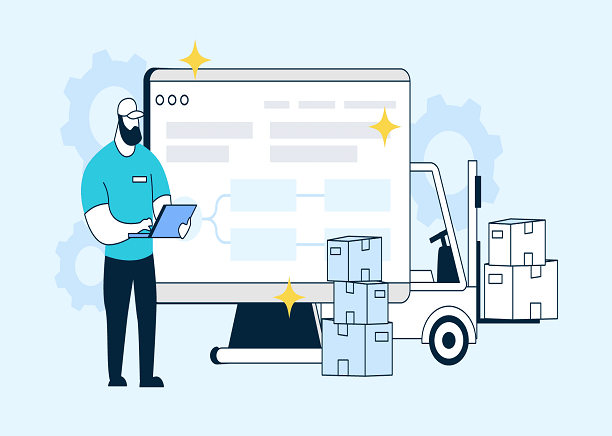
2. Personalizing Guest Experiences with Predictive Analytics
Today’s travelers value personalized experiences, and AI-powered predictive analytics make this possible at scale. By analyzing past guest data, browsing behavior, and preferences, hotels can anticipate guest needs and offer tailored experiences.AI can suggest room types, amenities, and services based on a guest’s profile, creating a seamless journey from booking to checkout.Imagine knowing a guest’s preferred room setup before they even arrive or offering packages based on previous bookings. Such personalization makes guests feel valued and understood, which goes a long way in boosting loyalty. Example: A guest who has stayed at a hotel before might receive an automated email offering a package that includes their favorite room type, early check-in, and a personalized welcome message—adding a thoughtful touch that deepens the guest relationship.

3. Automated Chatbots for 24/7 Guest Support
Aggregated Information. We may aggregate information collected from you and other users as well as Device Information and location information (with your consent, where required) to produce general statistics that cannot be linked to you or any other specific user and with which we attempt to provide you with a better experience, to improve our services, and to analyze and understand how our Sites and products are usedRetention. We will retain your information for the period necessary to fulfill the Purposes outlined in this Policy and as otherwise needed to comply with applicable law and internal company policies.AI-powered chatbots are transforming guest communications by providing instant responses to frequently asked questions and handling booking modifications without human intervention. Available 24/7, chatbots can answer inquiries about room availability, amenities, nearby attractions, or even assist in making reservations.They relieve front-desk staff from handling routine questions, allowing them to focus on more personalized guest interactions.Additionally, chatbots learn over time, improving their ability to handle a wide range of guest queries. With natural language processing (NLP), they’re able to interact in a more conversational, human-like manner, making guests feel comfortable while getting the assistance they need. Example: A guest planning to arrive late can inform the hotel through the chatbot, which can automatically notify the front desk of the late check-in, ensuring that the guest’s experience is smooth and hassle-free.
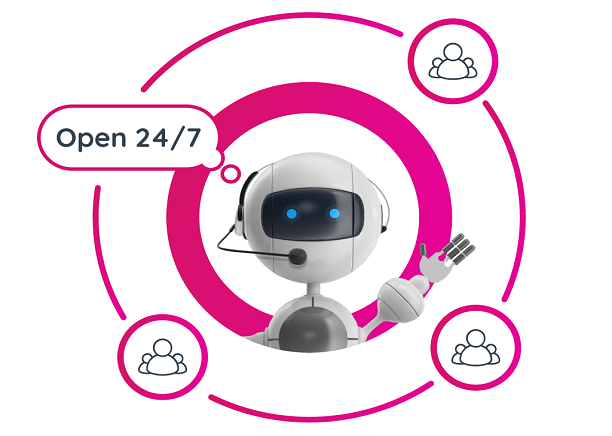
4. Enhancing Revenue Management Through Intelligent Pricing
AI and machine learning have revolutionized revenue management by making it possible to automate complex pricing decisions based on real-time data. Intelligent pricing algorithms consider market demand, competitor rates, booking trends, and guest booking patterns to suggest the most competitive room rates.With automation, hotels can set flexible pricing strategies that adapt to seasonal variations and special events, maximizing occupancy and revenue. This approach ensures that guests receive fair, competitive pricing, leading to increased satisfaction and trust in the brand.Example: For a hotel in a popular city, AI-driven revenue management can automatically adjust rates during a high-demand event, such as a music festival, ensuring that the hotel stays competitive while maximizing room revenue.
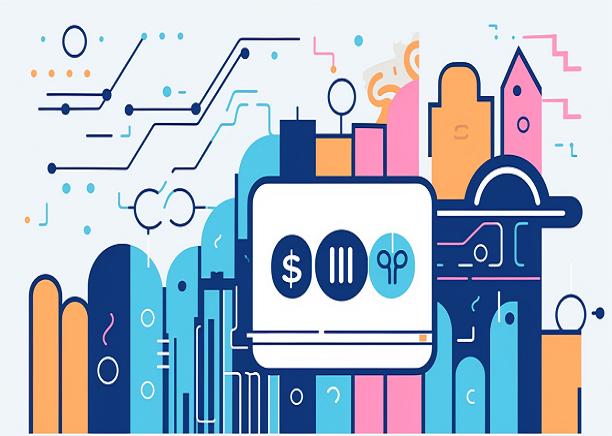
5. Housekeeping and Maintenance with Predictive Automation
Behind the scenes, AI and automation are also enhancing guest satisfaction by streamlining operations like housekeeping and maintenance. Predictive maintenance, powered by IoT and AI, can monitor everything from room HVAC systems to lighting and plumbing, flagging potential issues before they affect a guest’s stay.For housekeeping, automation can optimize scheduling by prioritizing room cleaning based on check-out times and new arrivals. This ensures that rooms are ready for incoming guests without delays, leading to a smoother check-in experience and reducing waiting times. Example: A hotel’s housekeeping team might use an automated system that sends notifications when guests check out early, allowing them to prioritize those rooms for cleaning and have them ready faster for new arrivals.
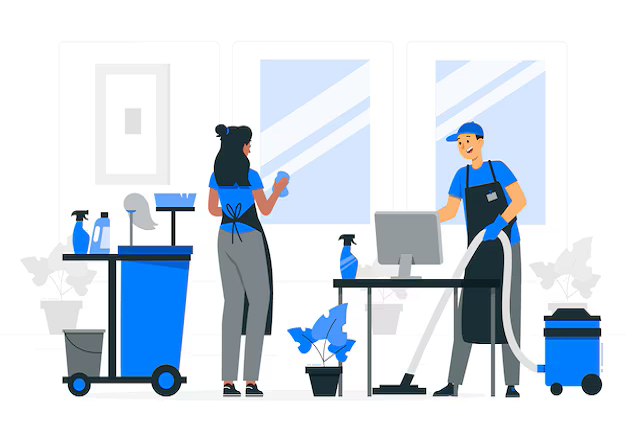
6. Improving Loyalty Programs with Data-Driven Personalization
AI-driven loyalty programs go beyond traditional reward points. Hotels can leverage guest data to offer meaningful, personalized rewards based on preferences and past behavior.By automating this process, hotels can send tailored loyalty offers that appeal to individual guests—such as discounted spa treatments for wellness enthusiasts or early check-in for frequent business travelers.Automation ensures guests receive these offers without the need for manual outreach, while AI analytics can track guest response to improve the relevance of future offers. This creates a more rewarding loyalty experience, keeping guests engaged and increasing the likelihood of repeat bookings. Example: A frequent visitor might receive a special birthday discount for a suite upgrade or a complimentary breakfast, a gesture that builds guest loyalty and makes them feel appreciated.
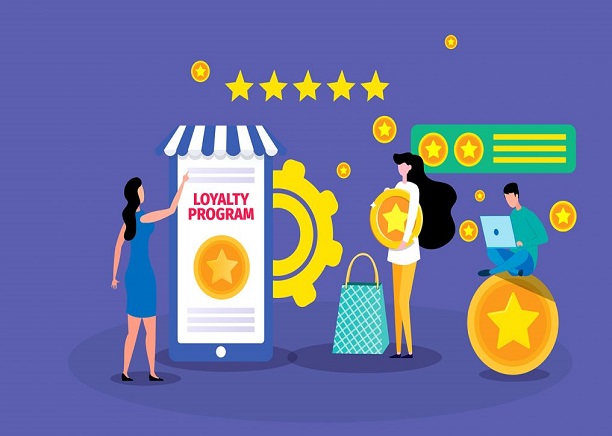
The hospitality industry is embracing AI and automation at an unprecedented pace, recognizing their ability to revolutionize hotel distribution and elevate guest satisfaction. By investing in these technologies, hotels can not only increase operational efficiency but also deliver a seamless, personalized experience that builds loyalty and enhances guest relationships. In a world where guests have increasingly high expectations, the hotels that leverage AI and automation to create memorable, frictionless experiences are those that will stand out. As AI and automation continue to evolve, they’ll bring even more possibilities for redefining guest satisfaction and driving long-term success in the hospitality sector.
